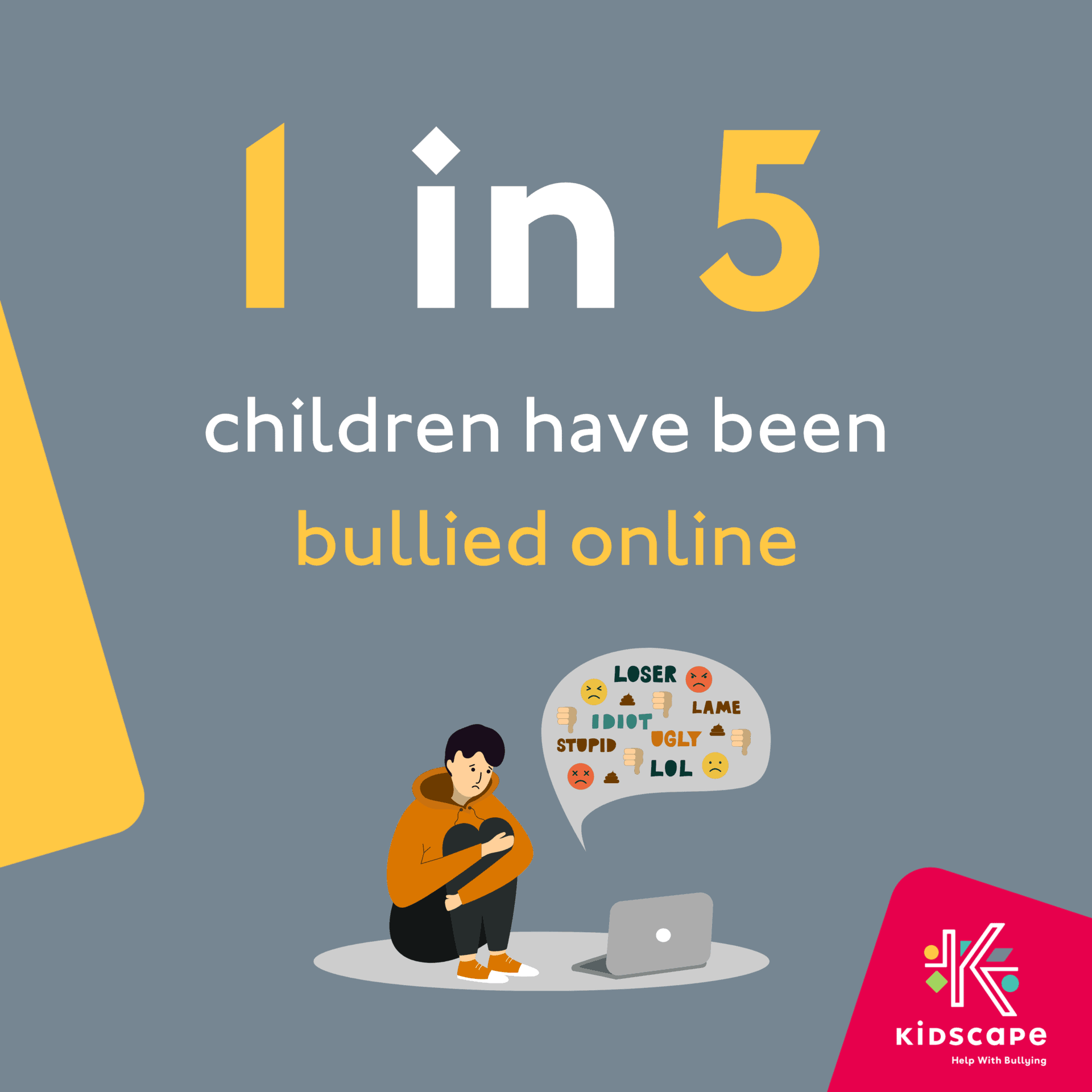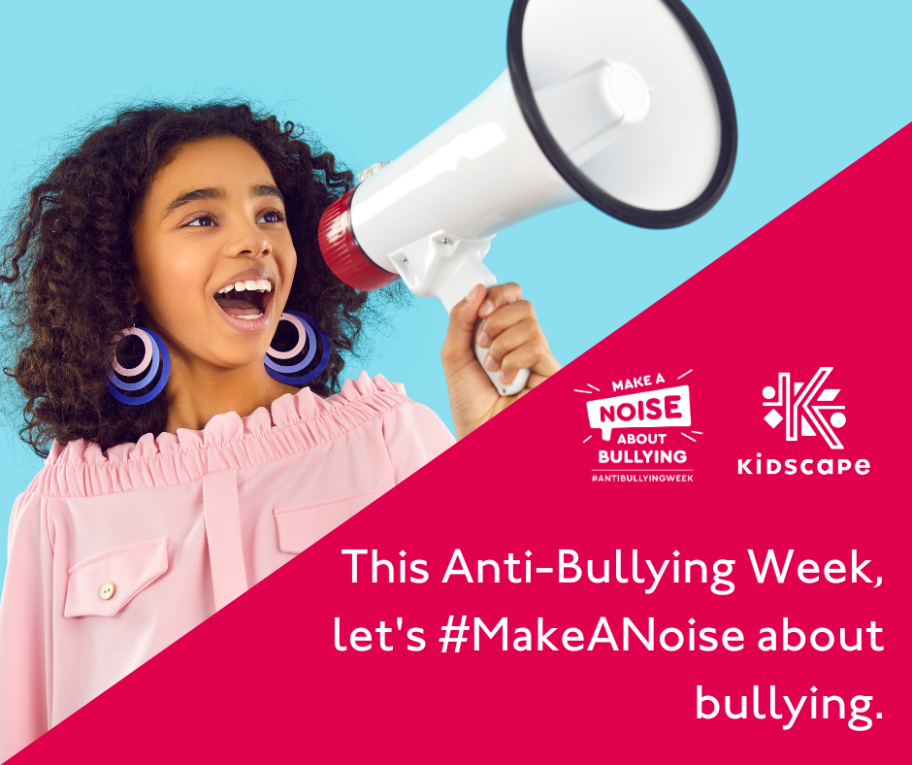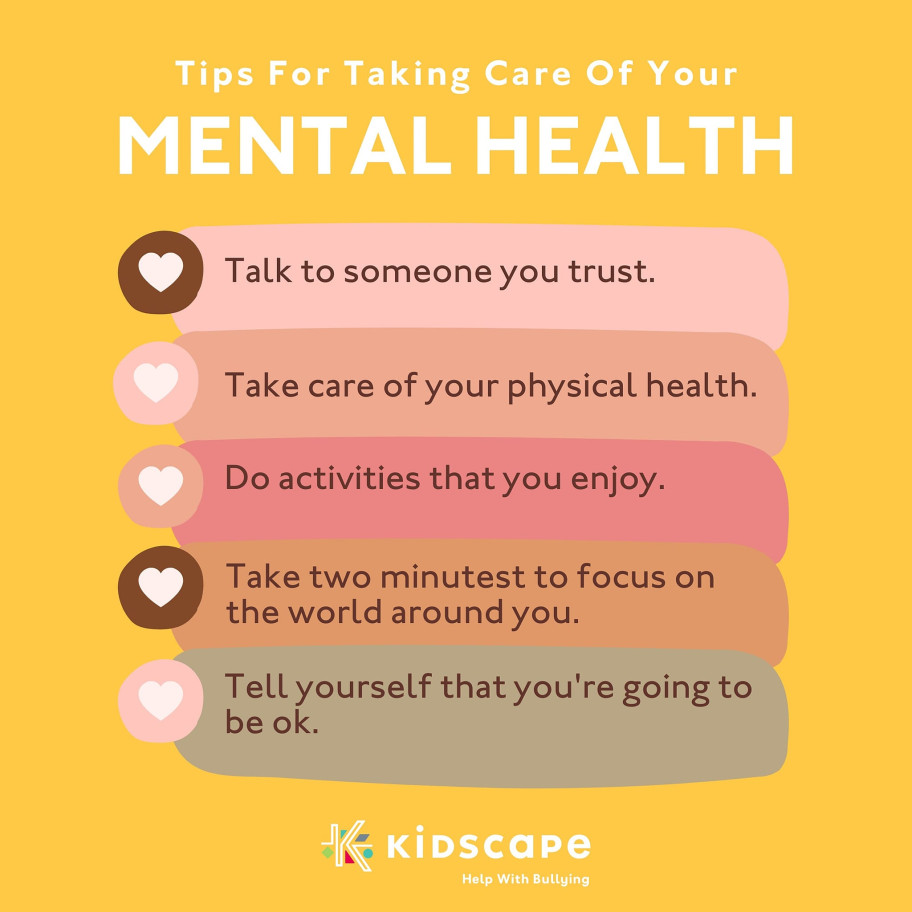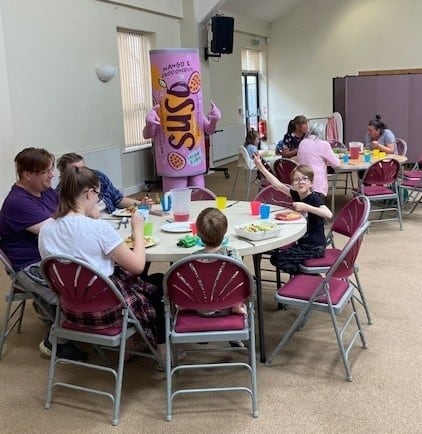Dealing with online bullying
There can be a lot of negative behaviour online, and at some point, it is likely that we will all experience or see bullying or trolling. Online behaviour turns into bullying (or ‘cyberbullying’) when it is deliberate, repeated, and has a negative impact on how we feel. Cyberbullying can happen through hurtful messages, mean comments, spreading rumours, sharing embarrassing photos, or even creating fake profiles to deceive and harm others. It’s crucial to recognise cyberbullying early to respond effectively and protect yourself from further harm.

How to handle bullying online
Here are some tips from anti-bullying charity Kidscape in partnership with SUSO on how to handle online bullying:
1) Try not to respond. The person wants a reaction, and the less you give, the more likely they are to move on. Be like an ‘ice mountain’ where you give them no footholds and they slide off!
2) If you do not know the person, unfriend or block them from your account. If you know them and you do not want to take that action, you can sometimes mute the person or the comments to give you a break. It can also help to go and do something else you enjoy for a while – such as playing a sport or watching a film. Distract yourself rather than go back to the messages.
3) If you know the person and it feels safe, you may want to contact them away from the platform to ask them to remove the comments or posts. Sometimes people are not aware of how they have made you feel.
4) Get help. If the situation continues, follow the other advice in this guide and get help from someone you trust, like a parent, teacher, counsellor, or another trusted adult. They can help you to deal with the bullying and to take steps to protect yourself. It can be helpful to keep evidence of what has happened – such as screen grabs. Schools should take online bullying seriously – particularly if it involves children from your school or is impacting how you feel during the school day
5) Know when to contact the police. If someone is threatening you with harm, is encouraging you to harm yourself, has shared private images of you, or is using hate speech against you (e.g., is targeting your race, faith, sexuality, age, disability or gender) then contact the police. In the United Kingdom, if you are under 18, you can also contact Report Harmful Content, who assist with cyberbullying issues and removing harmful content: reportharmfulcontent.com
6) Practice self-care: cyberbullying can take a toll on your emotional well-being. Engage in activities that bring you joy, like spending time with supportive friends, pursuing hobbies, or engaging in physical exercise. Taking care of yourself mentally and physically will help you build resilience.

Reach out to others
Dealing with cyberbullying is not easy, but remember that you are not alone. Reach out to others for support, take control of your online space, and prioritise your well-being. Cyberbullying can be defeated with resilience, empowerment, and kindness towards yourself and others. Stand strong, know your worth, and continue being the amazing, unique individual that you are! Together, we can create a safer and more respectful online community for everyone.
About Kidscape
Kidscape is a leading bullying prevention charity that works across England and Wales. They help children, families, and professionals with advice, training, and tools to prevent bullying and protect young lives. Kidscape’s vision is for all children to grow up in supportive communities, safe from bullying and harm.
Kidscape provides advice and support for young people, parents and carers, and professionals concerned about bullying. Information and resources on how to prevent and tackle bullying are available through the Kidscape website and social media channels, and through the Kidscape Parent Advice Line. For more details, please visit www.kidscape.org.uk.








